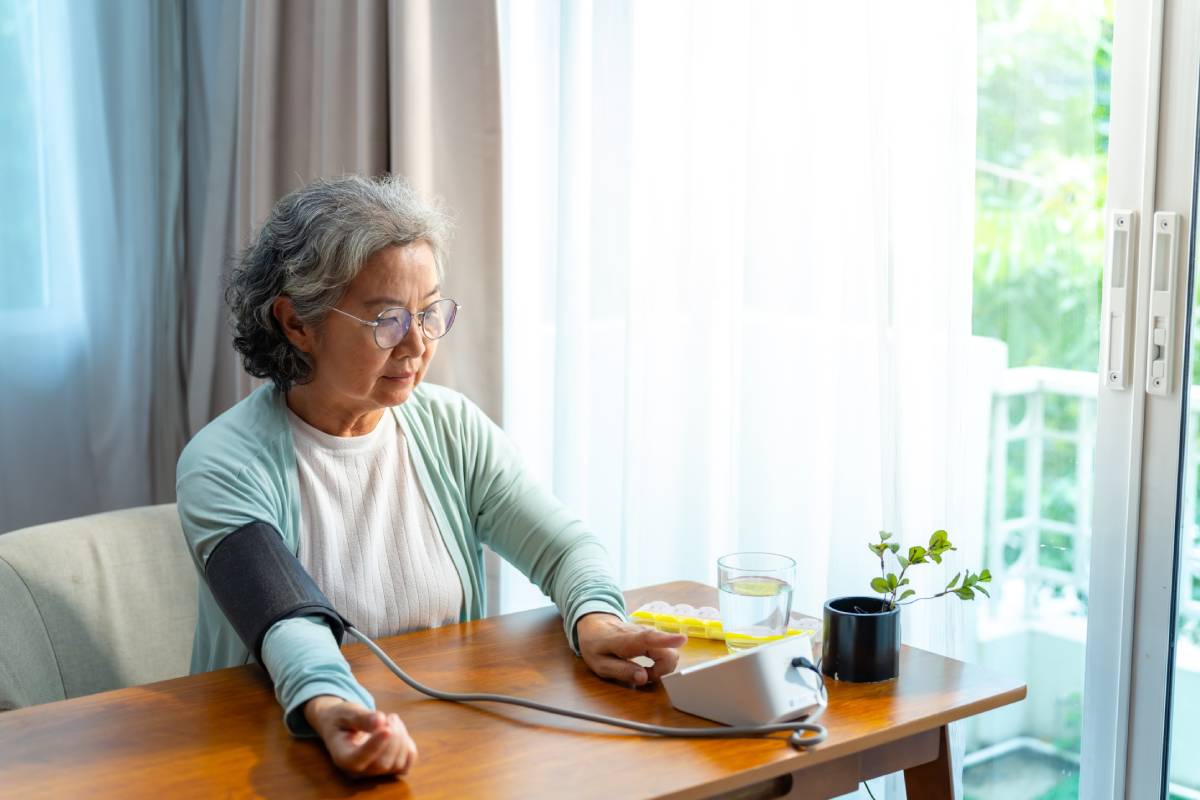Exercise is associated with a variety of benefits, one being lower blood pressure. Individuals struggling with high blood pressure can increase their exercise to help lower their blood pressure. If you are seeking to lower blood pressure, consider exercise as a form of treatment.
Hypertension, known as high blood pressure, can increase a person’s risk of organ damage, heart disease, heart attacks, and affect the body’s arteries. Thankfully, exercise can make a significant difference in an individual’s health. Exercise can help lower blood pressure, promoting a healthier lifestyle for individuals with high blood pressure.
Reasons to Lower Blood Pressure
Those struggling with high blood pressure should consider exercise as a preventative option. Causes of high blood pressure include medical conditions such as diabetes, kidney disease, thyroid disorders, high cholesterol if left untreated, and obesity.
Lifestyle factors that contribute to lower blood pressure include smoking, poor diet, stress, and drinking too much alcohol. Genetics and age are also factors. Symptoms of high blood pressure include headaches, nosebleeds, and shortness of breath. If you recognize any of these symptoms, you should speak with a doctor.
To prevent strokes, people at risk may take blood thinners to lower their blood pressure. The individual does not necessarily have high blood pressure, but the blood thinners act as a form of stroke prevention.
Exercises to Lower Blood Pressure
Although exercise can increase blood pressure in the short term, after you exercise regularly, your resting blood pressure may start to decrease. A wide range of exercises can help lower your blood pressure.
Introduce the following exercises and physical workouts to your routine to lower blood pressure:
- Running
- Swimming
- Biking
- Dancing
- Tennis
- Basketball
- Hiking
- Jogging
- Cycling
- Weight training
Primarily cardio techniques, these forms of exercise can help lower blood pressure and boost your immune system in the process.
Why Lack of Exercise Is Harmful
Arterial hypertension is the main attributable risk factor for cardiovascular disease, according to the National Library of Medicine. Individuals with a sedentary lifestyle who do not exercise regularly or at all may cause further harm to their bodies.
In fact, overall lack of exercise can be harmful, causing the following to occur:
- Increase in blood pressure
- Loss of muscle strength
- Weight gain
- Poor immune system
- Weakened bones
- Inflammation
- Poor blood circulation
By living a sedentary or inactive lifestyle, your body misses out on the benefits of exercise. Unfortunately, the lack of exercise can lead to a higher risk of:
- Cardiovascular problems such as heart disease
- Metabolic syndrome
- Obesity
- Osteoporosis
- Diabetes
- High Cholesterol
- Kidney disease
If you are struggling to begin an exercise routine, consider options such as gyms or athletic trainers for beginners. As you incorporate exercise into daily life, doctors and professionals will work alongside you to help you become the healthiest version of yourself.
How Exercise Can Lower Blood Pressure
While it may be challenging to begin exercise routines, you may soon find that your exercise techniques are working. Finding time to incorporate 5 to 10 minutes of exercise or walking a day can help begin to improve your symptoms.
In fact, there are a variety of ways exercise can lower blood pressure, such as:
- Improving the cardiovascular system and the operations of the heart
- Lowering inflammation stored in the body
- Improving the body’s response to psychological and physiological stressors
- Improving the lining of blood vessels leads to relaxed arteries
These are just a few ways exercise can not only lower blood pressure but also provide other health benefits.
Learn More About Treatment for Hypertension
If you or a loved one suffers from high blood pressure, speak with Dr. Gura today. As a board-certified kidney specialist and hypertension specialist, Dr. Gura can help answer lingering questions you may have, as well as provide treatment options for those seeking relief of symptoms associated with lower blood pressure.

